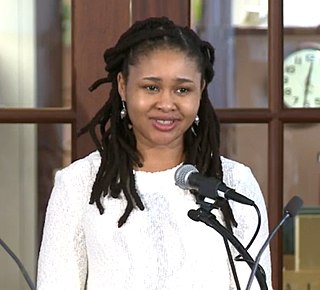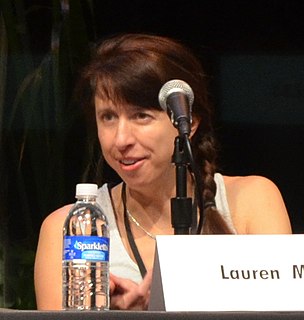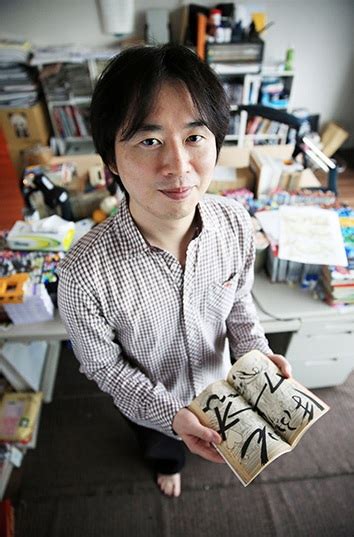A Quote by Rita Marley
We give so much to others that sometimes we tend to forget our own feelings.
Related Quotes
When you get down to the bottom of it, only about half of what we remember really happened. We tend to modify things to make ourselves look better in our own eyes and in the eyes of others. Then, if what we did wasn't really very admirable, we tend to forget that it ever happened. A normal human being's grasp on reality is very tenuous at best. Our imaginary lives are usually much nicer.
There are moments in life, and they happen so infrequently that they tend to really stand out, when life hands you the gift of perspective. Sometimes, we forget to show our appreciation. Sometimes, we get our priorities mixed up. And, sometimes, we forget how far we’ve come. But life always has a way of nudging you to remind you about these important things.
Sometimes we forge our own principles and sometimes we accept others' principles, or holistic packages of principles, such as religion and legal systems. While it isn't necessarily a bad thing to use others' principles - it's difficult to come up with your own, and often much wisdom has gone into those already created - adopting pre-packaged principles without much thought exposes you to the risk of inconsistency with your true values.
Our dearest one. Fear nothing of the forest. There is no danger in solitude. We have no need of our brothers. Let us forget their good and our evil, let us forget all things save that we are together and that there is joy as a bond between us. Give us your hand. Look ahead. It is our own world, Golden One, a strange, unknown world, but our own.
The immature conscience is not its own master. It simply parrots the decisions of others. It does not make judgments of its own; it merely conforms to the judgments of others. That is not real freedom, and it makes true love impossible, for if we are to love truly and freely, we must be able to give something that is truly our own to another. If our heart does not belong to us, asks Merton, how can we give it to another?




































